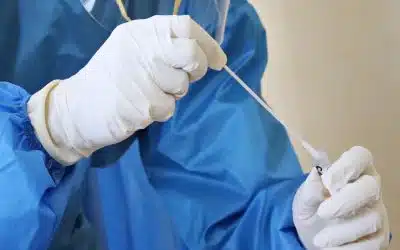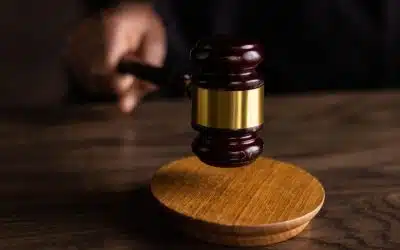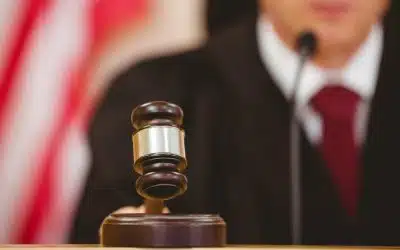When DWI lawyers in KC Mo and around the country represent motorists accused of driving while intoxicated, they may question the reliability of toxicology evidence or the legality of a traffic stop. However, there are situations where attorneys may mount what is known as an affirmative defense. DWI lawyers mounting such a defense do not deny that their clients got behind the wheel after drinking, but they do introduce new facts to explain their behavior.
The most important part above all else is to have a plan after you are arrested.
Two of the most common affirmative defenses to drunk driving charges are necessity and duress. Necessity could be argued when driving prevented a greater harm. Examples of necessity include rushing an injured individual to hospital who could otherwise have died and fleeing from a potentially deadly situation. Motorists may mount a defense based on duress when they were threatened with violence if they did not drive.
Drivers could mount the affirmative defense of involuntary intoxication to DWI charges in Missouri if they consumed alcohol unknowingly or ate food that had been laced with narcotics. When drivers genuinely believed that they were no longer intoxicated, they could present a defense based on a mistake of fact. Entrapment is another affirmative defense that could be mounted when a police officer encouraged an individual to drink and then get behind the wheel.
Experienced criminal defense attorneys may be reluctant to mount an affirmative defense because doing so admits that their clients broke the law. When the arguments supporting an affirmative defense are unconvincing, prosecutors may find it less difficult to establish guilt beyond reasonable doubt.
This is why attorneys may seek to gather compelling evidence before making affirmative arguments. Hospital admission logs could support a necessity defense and medical records may back up claims of involuntary intoxication. More common defenses to drunk driving charges include questioning the actions of the police officers involved or challenging the evidence used by prosecutors to establish intoxication.





